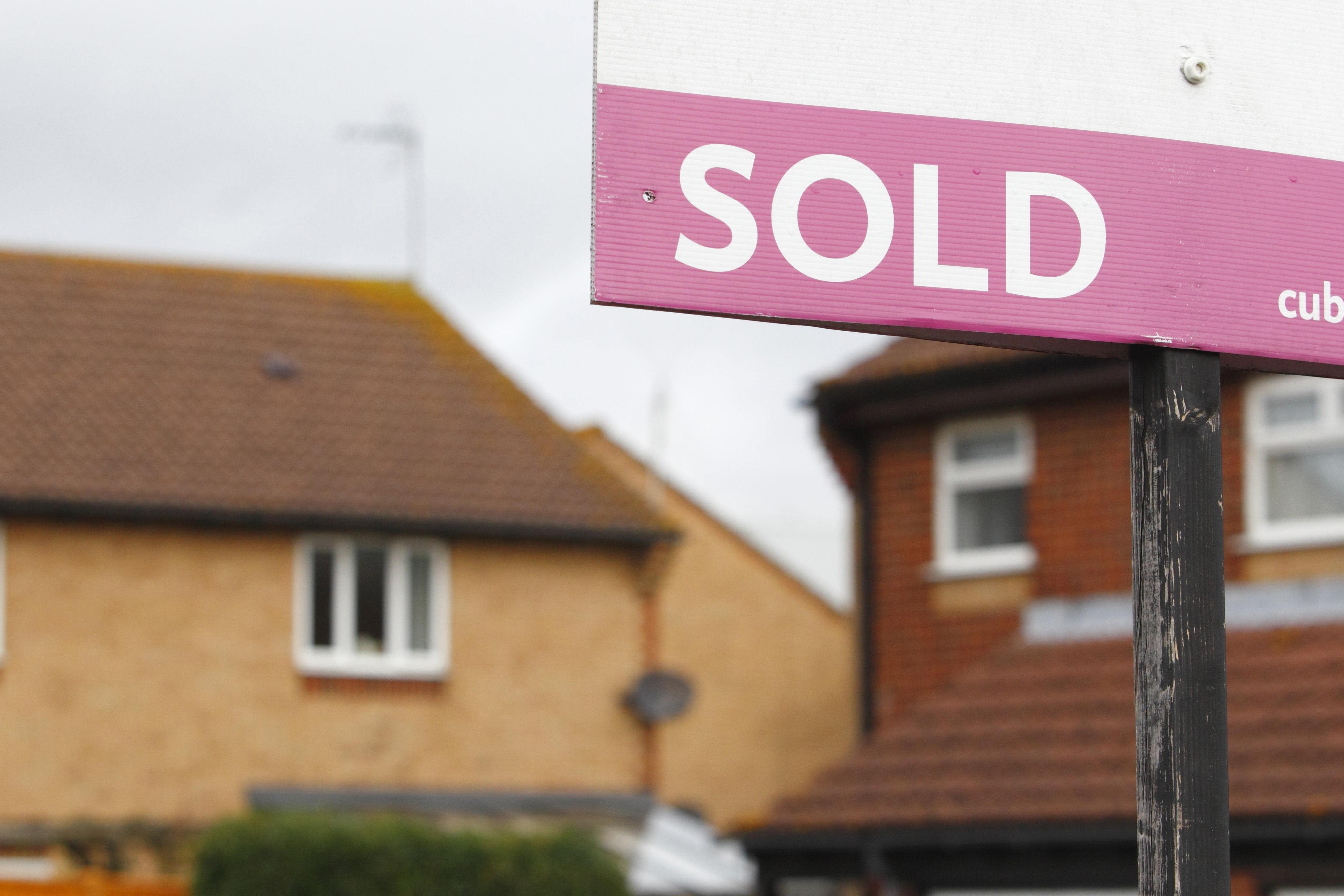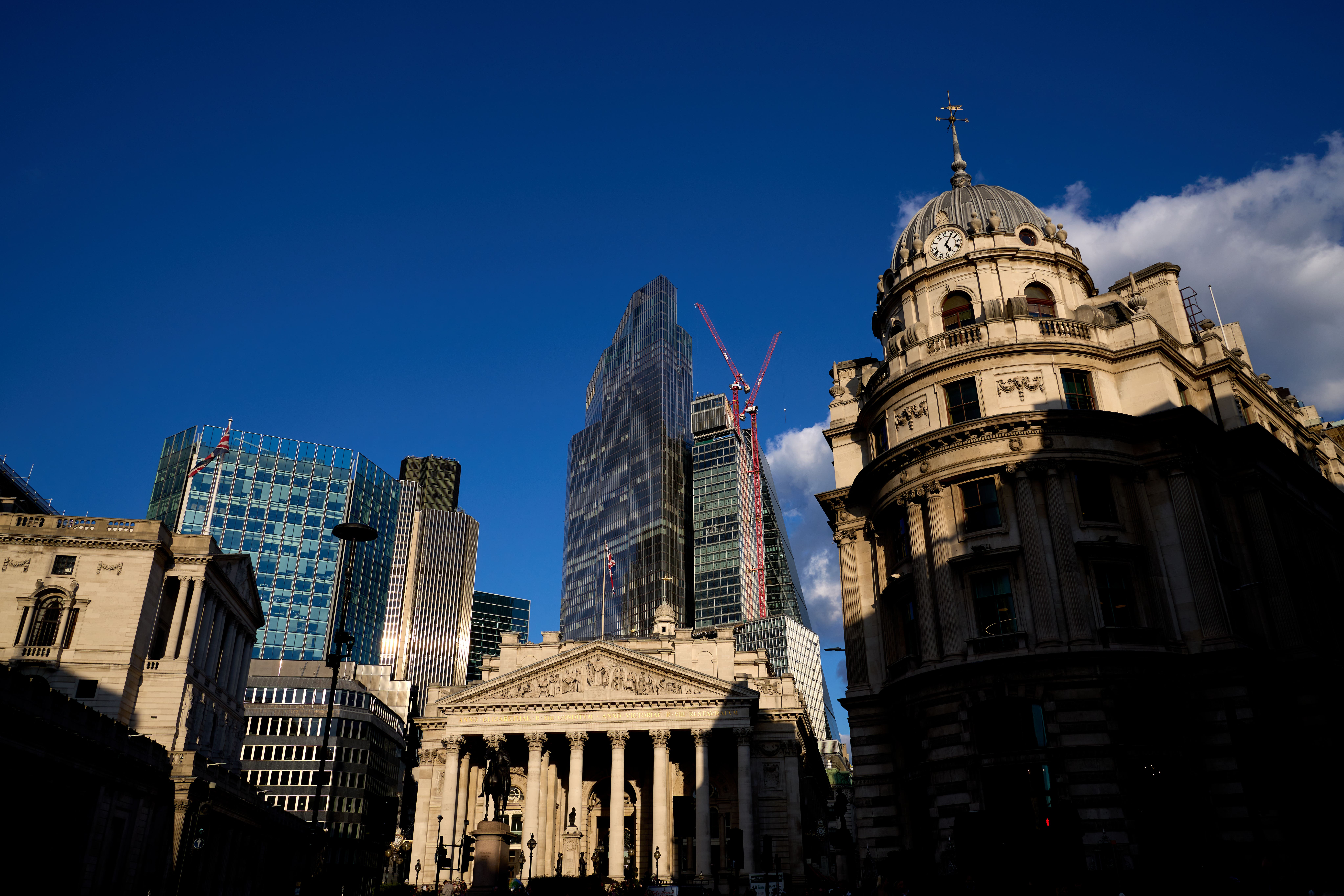
There has been further gloom for homeowners and renters this week as the Bank of England is expected to raise interest rates for a thirteenth consecutive time on Thursday. Rishi Sunak has ruled out Treasury support for mortgage holders, insisting instead that the government will “stick to the plan” in briging inflation down.
Banks recently reacted to signs of stubborn inflation by pulling mortgage deals and raising rates, while polling suggested nearly half of borrowers fear they will struggle with their housing re-payments within 12 months.
With markets betting on interest rates hitting nearly 6 per cent within months and government borrowing costs surpassing even the peak seen during Liz Truss’s mini-Budget meltdown, ministers urged banks this week to act to protect mortgage-holders struggling with repayments.
One expert told The Independent that the chaos was “going to sting a lot of people” and warned that renters will ultimately feel the greatest impact, despite predicting that banks “will fall over themselves to come up with ways not to repossess” people’s homes.
How much have mortgage rates risen by?
Homeowners have already faced stark rises in their bills, with recent Labour analysis claiming that typical interest repayments have risen by £150 per week – or £7,000 a year – since last September’s mini-Budget spooked markets.
With the Bank of England now expected to hike rates even more steeply than anticipated after inflation failed to fall as predicted last month, the Centre for Economics and Business Research think-tank (CEBR) now expects the the two-year 75 per cent loan-to-value mortgage rate to hit an average of 5.1 per cent in 2023.
Rates for fixed-rate home loans have surged by 0.5 per cent in the past few weeks alone, according to the analytics firm MoneyFacts. Those with a typical £200,000 mortgage on a 25-year term will now pay an average of £977 a month in interest, broker L&C Mortgages suggests.

According to Neal Hudson, an analyst at Built Place, today’s rates of nearly 6 per cent will cause the equivalent “stress” to homeowners as the double-digit interest rates of the 1980s, given that the amount borrowed is now far higher relative to people’s income.
Speaking to BBC Radio 4’s Today show, HSBC boss Ian Stuart said his bank believes “rates will probably increase a little bit more and will probably stay a little bit higher for longer” – and will not start to fall significantly “until inflation is much lower than it is today”.
What does it mean for people whose fixed-term deals are due to end?
Forecasting that around 2.6 million people are soon due to move from cheaper fixed-term deals, the CEBR believes those looking to renegotiate their deals over the next two years as a result will face an £8.7bn increase in their payments, with the worst rises in southeast England.
Mr Hudson told The Independent that “the big increase in interest rates will be concerning for those coming to the end of their fixed rate periods, of which there will be a large number given it’s two years after the SDLT holiday.
“If rates stay this high then borrowers will undoubtedly struggle, especially given the cost of living crisis. Hopefully inflation will ease quickly and [Bank of England base rate] won’t have to go as high as the market is currently suggesting.”
According to broker London Money, mortgage repayments for borrowers whose existing deals have come to an end are about 26 per cent a month higher on average, The Times reported.
Mr Stuart of HSBC said there was “no doubt that people are really having to rethink their personal finances”, adding: “If you've got an old rate as many will have of say 1.5 per cent and you're going to come off that rate and go onto something like 5 per cent, that is a big impact on your monthly budget.”
How could lenders react to rising rates?
With many homeowners confronting “the ice-cold reality of 2023 rates”, how banks react will be crucial. Buying agent and property expert Henry Pryor told The Independent that he believes lenders “want to be seen to be helping” their customers to avoid being seen as “villians” following the financial crisis.

Mr Pryor said: “Clearly existing mortgage holders – in particular those on fixed rate products – will experience a Wim Hof moment when the ice-cold reality of 2023 rates lands on their door mat or inbox.
“When they took out their two or five-year fixed mortgage they will have been stress-tested to check that they could afford rates up to 7 per cent even if they didn’t expect it to ever happen.
“I think most will cut back and economise to ensure that they continue to meet the higher payments, very few will want to experience repossession. For those who can’t lenders will fall over themselves to come up with ways not to repossess.
“They will extend 25 year mortgages to 30 or 35 years. They will move borrowers over to interest only payments for say 5 years – anything to avoid once again becoming the villains of the piece as they were in 2009 after the global financial crash.
“Banks have only just been welcomed back into polite society having been bailed out of their mess. This time they want to be seen to be helping where necessary even if they will still make a profit on their assistance.”
How will this affect renters?
Renters are also expected to bear the brunt of rising rates, with concerns that dwindling profits could see a mass departure of landlords and properties from the market – many of whom have already pushed up rents to cover their costs.
“Tenants will find their landlords looking pale if they have a mortgage as many buy-to-let investors do,” Mr Pryor said. “Most will try and charge more rent but it seems unlikely that tenants will be able to afford much more. Some will then sell up giving their tenant notice.
“This will add to the current demand for rental properties and push rents up further. Tenants can’t or shouldn’t borrow to pay their rent and some are going to find it harder than mortgage borrowers who can at least sell up and downsize.”
Warning that “this is going to sting a lot of people”, Mr Pryor predicted that many of those with a mortgage – amounting to around a third of households – “will see a drop back in their standard of living as they cut back to afford” it.
However, “we will doubtless see the biggest impact” in the private rental sector, including homelessness for some of the roughly four million people who rent their homes, Mr Pryor warned.
Will the government intervene?
With concerns having grown in recent days, speculation has increased over whether the government could step in to help homeowners.
New Statesman senior editor George Eaton said he “would not be surprised if the government ends up subsidising mortgages”, while the Daily Telegraph’s money advice editor Sam Brodbeck suggested it “feels like the [government] will be intervening sooner rather than later”.
While the strongest remarks from Downing Street were merely to say that it expected mortgage lenders to protect homeowners struggling with rate rises, housing minister Rachel Maclean appeared to claim on a BBC panel show that “a mortgage support scheme” is in the pipeline – but failed to provide any details.
What can people do to stay on top of payments?
Polling by YouGov for The Times this week found that 30 per cent of borrowers already find it “difficult” to pay their mortgage, with 46 per cent expecting that to be the case in 12 months’ time.
There are a number of steps that people may be able to take to ease their mortgage repayments, such as: switching to interest-only deals, which means your capital balance will remain unpaid; seeking to extend their mortgage term if possible; seeking a ‘consent to let’ agreement from their lender to rent out their property; or seeking to use an offset mortgage to reduce interest payments.





